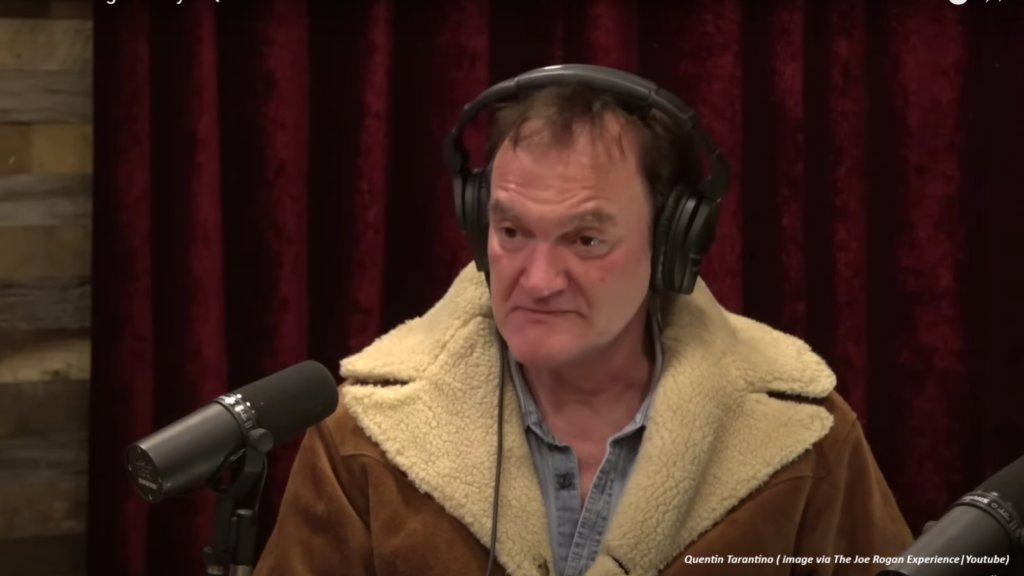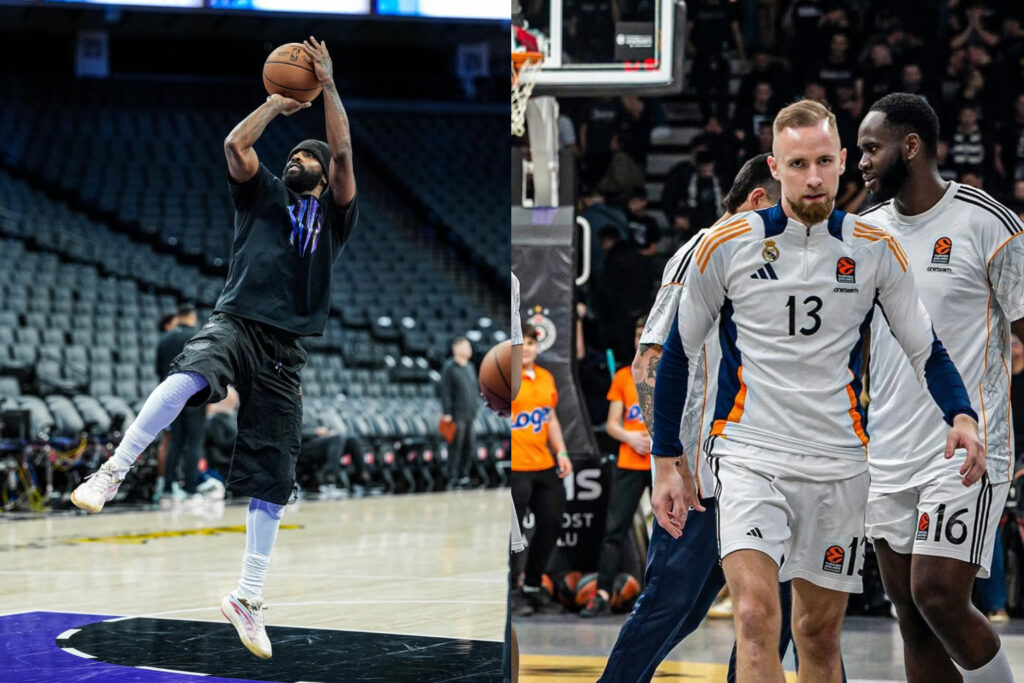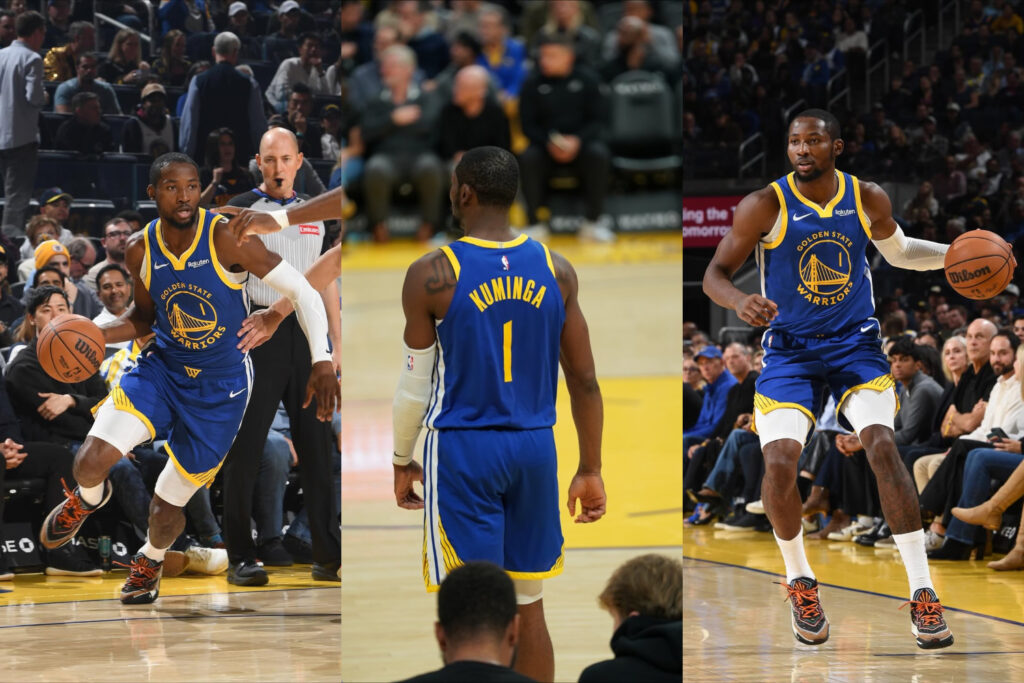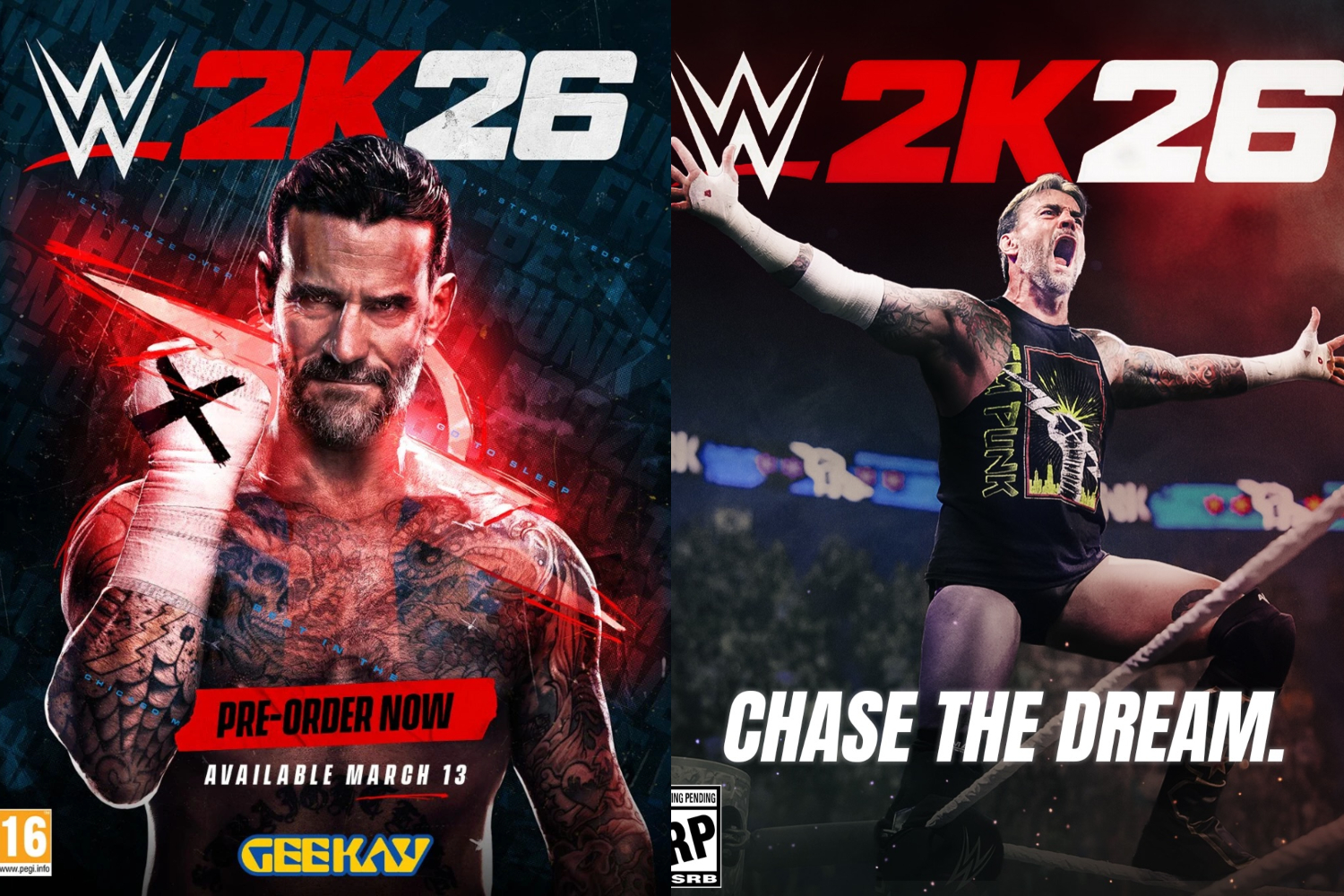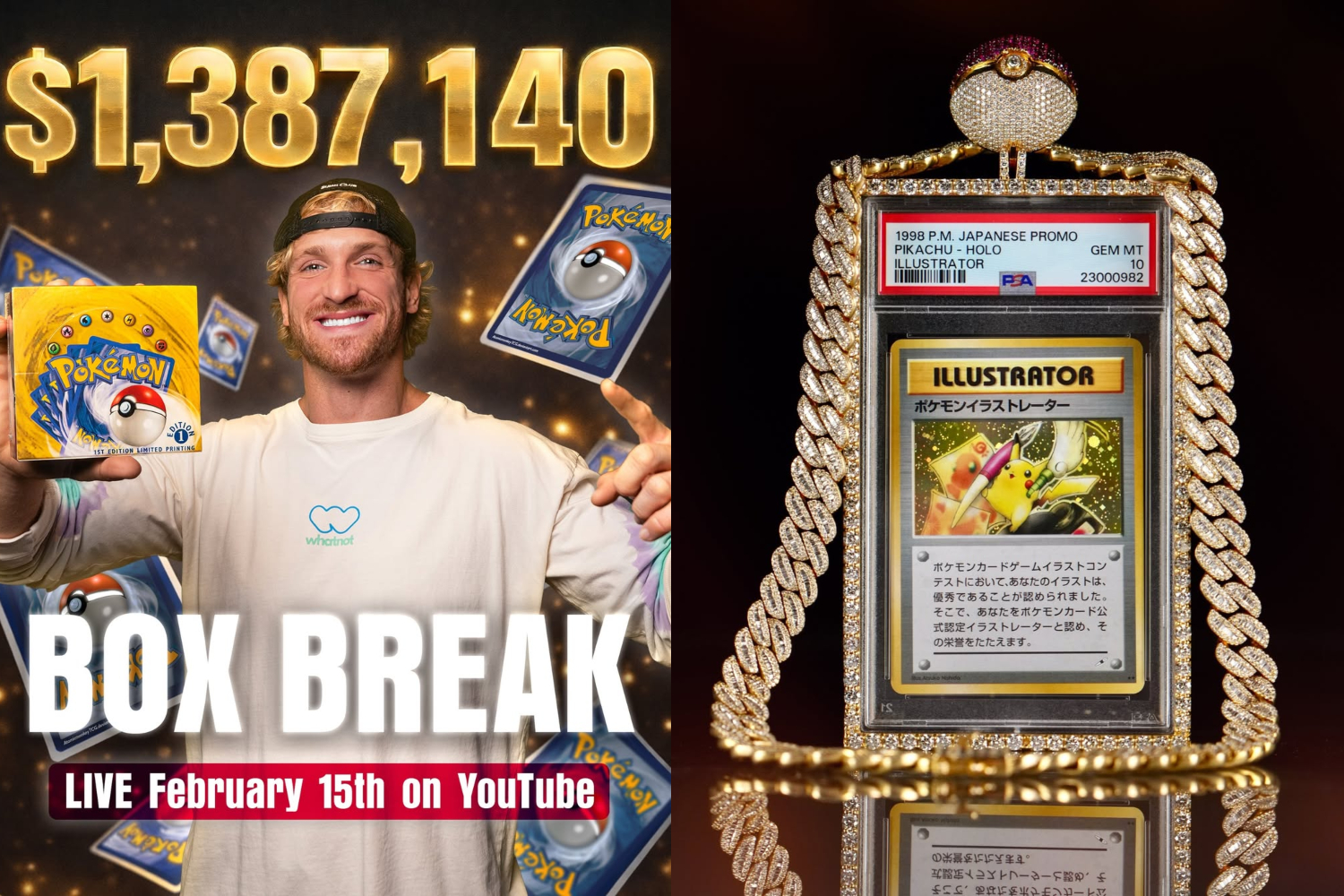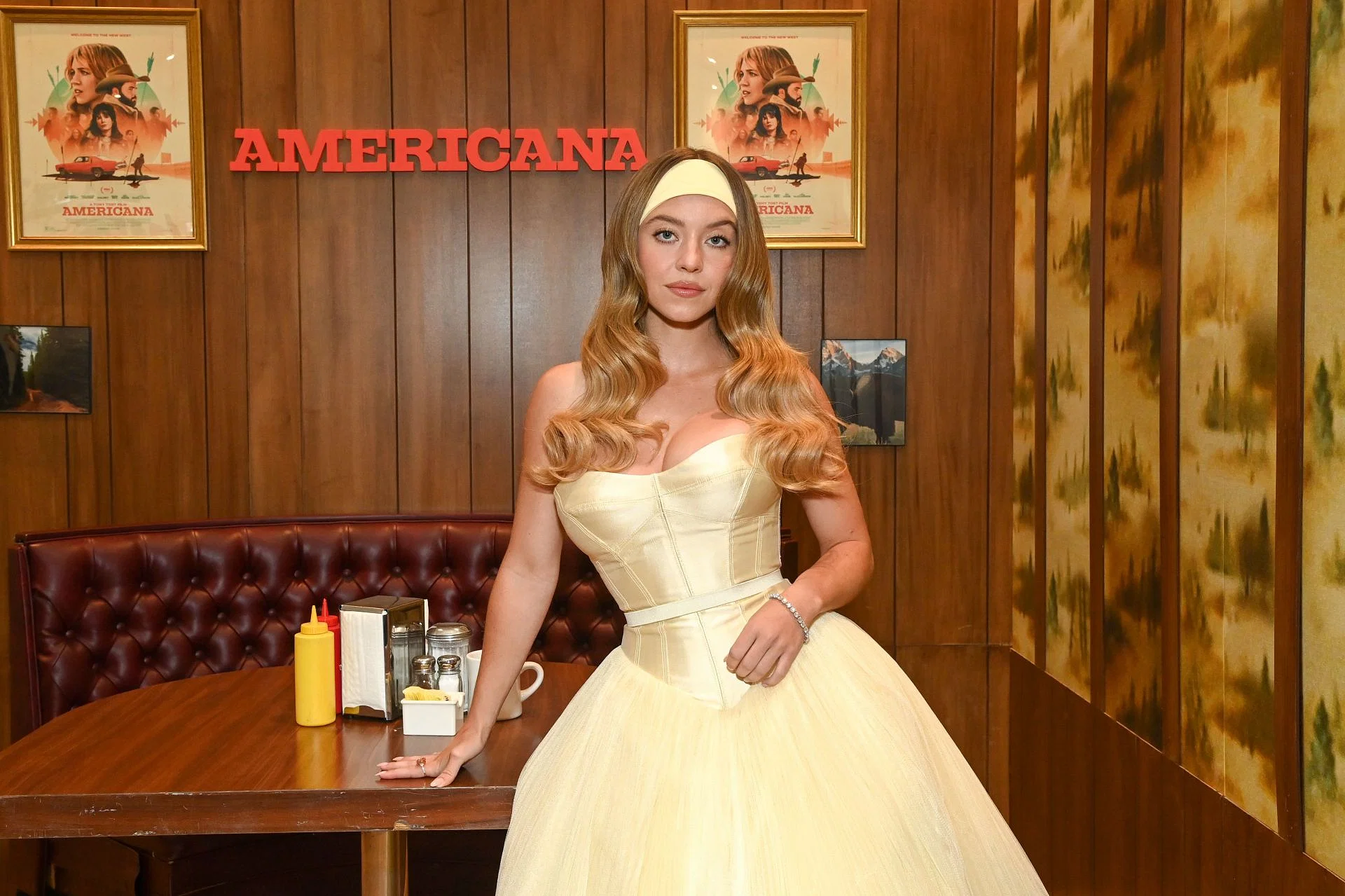The iconic filmmaker Quentin Tarantino, known for legendary films like Pulp Fiction, Kill Bill and Inglourious Basterds recently visited The Joe Rogan Experience and offered a take that some might call bold on Taylor Sheridan’s Yellowstone universe. Calling it a “soap opera,” Tarantino identified where he feels the series fails at providing an impactful story. With Kevin Costner leaving the show amid speculation and drama, Tarantino’s comments have stirred conversation about the creative direction of the series.
Quentin Tarantino’s Take: A Gritty Western or a Flashy Soap Opera?
Tarantino also admitted that he was once “crazy into” Yellowstone, particularly its inaugural season, during the podcast. As he put it:
“I didn’t really get around to watching Yellowstone the first three years or so. Then I watched the first season, and I was like, wow, this is great. I’ve always been a big Kevin Costner fan; he’s wonderful in this. I got really caught up in the show. Suddenly, I’m having a good time…”
But after a few seasons, he lost interest. As good as the build-up is, and as good of characters as Tarantino created, he found the core of the series to be cheesy and “overly dramatic” and ultimately forgettable:
“But after watching two or three seasons… while I’m compelled and caught up in it, at the end of the day, it’s all just a soap opera. They introduce you to a bunch of characters. You kind of know their backstories, their connections with everyone else. They spend time building that up, but ultimately, it’s just the compelling soap opera drama of what’s happening.”
Tarantino’s Soap Opera Formula: Where Yellowstone Misses the Mark
loved Tarantino’s response to Rogans whole “cancel culture maaaan” routine pic.twitter.com/j1IRn1XVsW
— 𝙕𝙚𝙚𝙠 (@spaceserenade) June 29, 2021
Tarantino’s criticism revolves around the show’s dependence on interwoven plotlines that don’t really resonate over time. He likened Yellowstone to a classic Western, like Red River, which he praised for its indelible images and emotional heft:
“Compare that to a classic western like Red River, where every scene and emotional climax becomes unforgettable. That’s the kind of storytelling that sticks with you.”
For all the crackling drama that Yellowstone offers, Tarantino said, its soapy narrative mode of storytelling keeps it from reaching that timeless cinematic quality.
Rogan touched on the problem with modern serialized television on his show, using Yellowstone as an example of how much TV will sacrifice narrative depth for drama. Rogan did praise the show’s entertainment value, much like Tarantino, but criticized its capacity to offer real payoffs.
The Bigger Picture: TV vs. Film Storytelling
Quentin Tarantino gives his take on the difference between a TV Series and a Movie on the Joe Rogan Experience podcast pic.twitter.com/nd1Kg1Hh6F
— Giuseppe Mercadante (@itsmercadante) December 12, 2024
Tarantino broadened his critique alongside Yellowstone, lambasting serialized television writ large. He pointed out a key distinction between TV and film:
“Good movies offer more than just interpersonal drama — they provide a full, encapsulated experience with a real payoff.”
He singled out Homeland as an unusual television show that made it to cinematic moments, before singling out the hairs-on-the-back-of-the-neck climaxes of the first season, particularly a moment involving a daughter’s phone call and a suicide vest reveal.
By contrast, Tarantino argued, much of modern showbiz, even the great ones, like “Deadwood,” widely regarded as one of the greatest American television series, provides mere fitful bursts of brilliance and haven’t had the lasting impact:
“Today’s TV often skips that payoff. Serialized shows like Deadwood, while compelling, don’t deliver lasting emotional crescendos. Instead, they leave us with fleeting moments that fade away.”
Tarantino isn’t discounting television’s merits outright. He loves the medium for its ability to engage and entertain, but he remains convinced that movies have a unique power to produce storytelling that lingers long after the credits have rolled. As Tarantino noted:
“That’s the difference between a fleeting soap opera and a story that lives on in your head forever.”
Reflecting on Tarantino’s critique of Yellowstone only amplifies challenges across the utopian panorama of modern TV storytelling, amid Costner’s departure and ongoing debate about the show’s fate. His yearning for deeper and more resonant narratives resonates and resonates among a legion of fans begging for deeply impactful and timeless stories.

